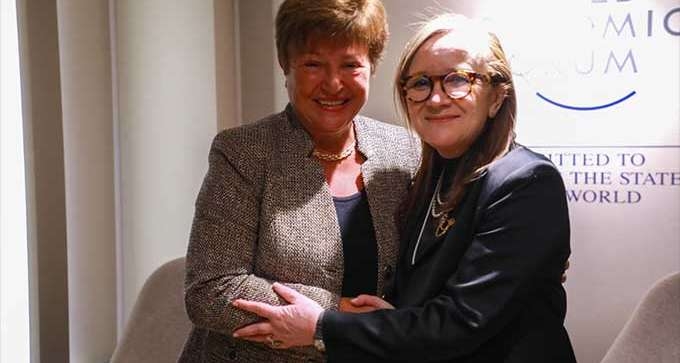While the Tunisian file has been dragging on for almost two years, Morocco has obtained a loan of five billion dollars from the International Monetary Fund.
The Board of Directors of the International Monetary Fund (IMF) approved, yesterday Monday, April 3, a two -year financing agreement with Morocco, worth $ 5 billion.
The fund said in a statement on Tuesday that the credit line (financing) is designed for crisis prevention purposes and that “Morocco is eligible to benefit from the modular credit line thanks to its policies, its institutional political frameworks and its solid economic fundamentals”.
“The economic fundamentals and the very solid institutional political frameworks of Morocco, as well as its history of implementation of very solid policies, all justify the transition to the arrangement under the modular credit line (LCM),” said the IMF.
On the other hand, the Tunisian file is currently at the heart of the controversy. The discussions are currently suspended between the two parties while the European Union and especially Italy are continuing their efforts to unlock the situation.
In a conjuncture bulletin dedicated to Tunisia, the World Bank recently stressed the imperative to conclude the agreement with the IMF which could serve as “catalyst” for several donors and would thus make it possible to cover the needs for external funding.
In a conjuncture bulletin dedicated to Tunisia, the BM estimated the growth of GDP in 2023 at 2.3% provided that “sufficiently ambitious” structural reforms are adopted, she insists.
These forecasts presuppose the finalization of the agreement with the International Monetary Fund (IMF) during the first half of 2023 and the mobilization of sufficient funding to cover external and budgetary needs, underlines the BM in its report entitled “Reforming energy subsidies for a sustainable economy” (spring 2023).








